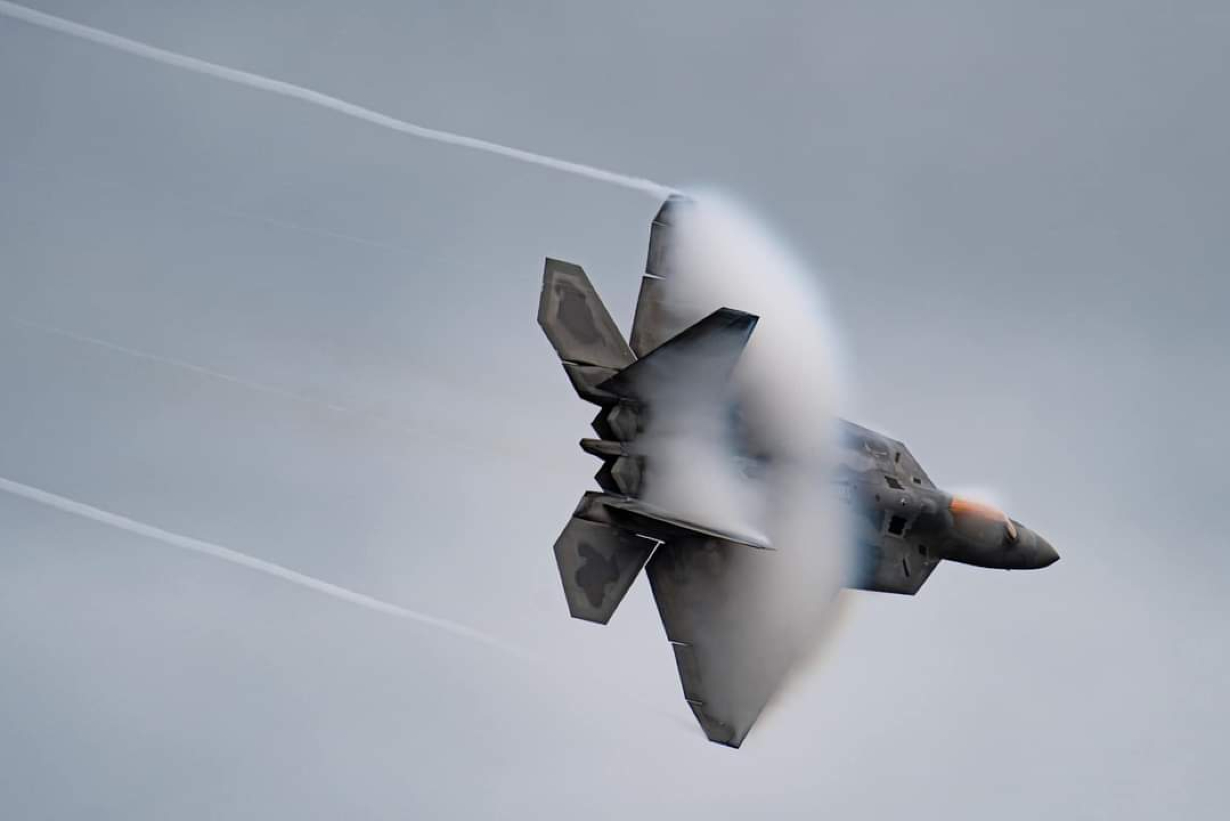South Korea and the United States have decided to cancel the joint air force drills involving US F-22 stealth fighter jets scheduled for December 22 due to bad weather conditions, Yonhap news agency reported on Wednesday, citing the South Korean Air Force.
According to the report, the drills were canceled on Wednesday due to heavy snowfall across South Korea, and fighter jets returned to Kadena Air Base in Okinawa, Japan, where they are permanently stationed.
It would have been the first time in four years that US F-22 fighters came to South Korea for a joint exercise.
Earlier in the week, the two countries conducted joint air drills with the participation of US B-52H strategic bombers and South Korean F-35A and F-15K jets southwest of the island of Jeju.
The training came at a time when North Korea tested two ballistic missiles on Sunday. Both of them flew 500 kilometers (310 miles), reaching a maximum altitude of 550 kilometers, with Pyongyang saying the test was part of the development of a reconnaissance satellite.
On December 20, South Korea and the US conducted joint exercises involving a B-52 bomber. In a statement, Seoul said the ROK (Republic of Korea) and US Air Force conducted Combined Air Force Drills following the deployment of US strategic bombers (B-52H) near the Korean Peninsula.

The exercise was conducted in the Korea Air Defense Identification Zone (KADIZ) area southwest of Jeju Island, with US F-22 Raptors and South Korean F-35 and F-15K jets participating.
According to the press release, the joint exercise will improve interoperability and operational capabilities, and both nations will keep collaborating to amplify their defense against North Korea’s continued threats.
“The deployment of the B-52H and F-22 fighters this time is part of an effort to reinforce the credibility of the US’ extended deterrence,” the ministry said. Extended deterrence refers to the United States’ pledge to utilize all of its military capabilities, including nuclear weapons, to defend its partner.
Earlier, Chung Jin-suk, leader of South Korea’s ruling party, said that missile launches conducted by North Korea are a provocation intended to break up the South Korean-US alliance and oust US military bases from the Korean Peninsula.
North Korea tested two ballistic missiles on Sunday morning. Both of them flew 500 kilometers (310 miles), reaching a maximum altitude of 550 kilometers, according to Japanese State Minister of Defense Toshiro Ino. Pyongyang said the test was part of the development of a reconnaissance satellite.
“The purpose of North Korea’s provocations is clear. It is a strategic tactic aiming at breaking up the South Korea-US alliance and ultimately driving out the US Forces Korea from the Korean Peninsula through nuclear warheads and medium-range and intermediate-range ballistic missiles,” Chung was quoted by South Korean news agency Yonhap as saying.
The official also said that North Korea’s “provocations are likely to continue” until the beginning of 2023, but Seoul “will maintain its unwavering deterrence against the North,” as quoted by the news agency.
Pyongyang has already fired dozens of missiles towards South Korea since the start of 2022, including an intercontinental ballistic missile test launch carried out in November.
- Contact the author at ashishmichel(at)gmail.com
- Follow EurAsian Times on Google News